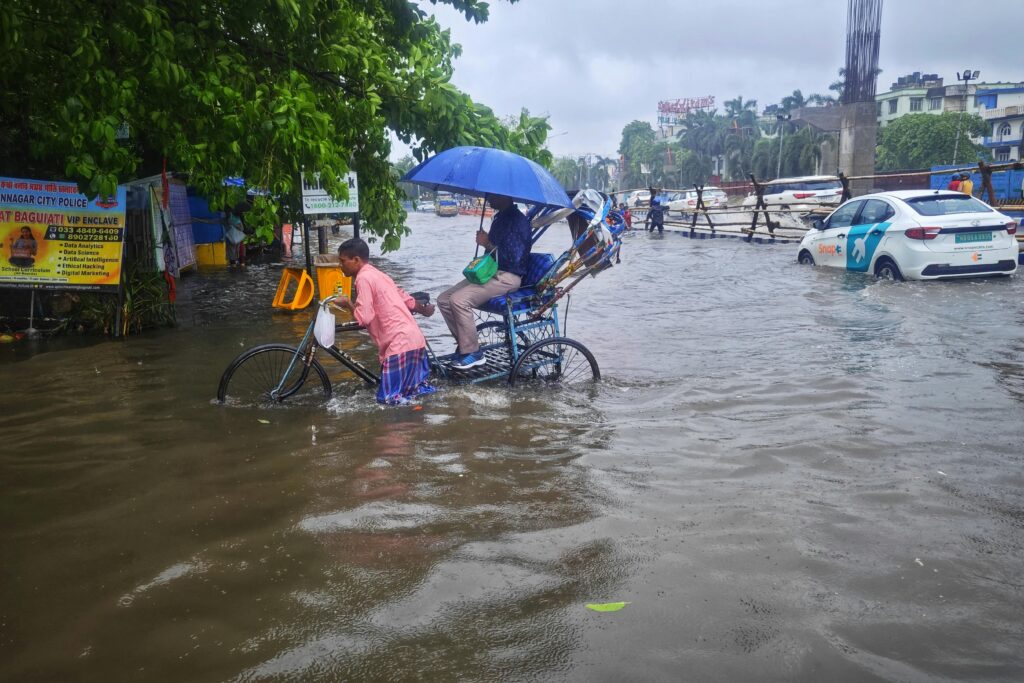Urban-PREDICT:
Predictions,
Risk assessments,
Early warnings,
Data integration,
Inclusive governance,
Community awareness, and
Transformative actions

What We Do
Urban-PREDICT seeks to reduce weather-related risks by combining advanced weather prediction models with community and place-specific insights, including decision-making structures and processes. This will lead to more effective early warning systems and risk management strategies tailored to urban populations.
The project is structured into four interconnected working packages
Accessibility and Relevance of Information
Explore context-specific early warnings and data availability, actionability, and cultural relevance.
Prediction and EWS Across Spatial Scales
Assess the impact of varying spatio-temporal resolutions on hazard prediction accuracy and EWS effectiveness.
Advanced Urban Modelling and Prediction Capabilities
Develop and leverage emerging data sources, numerical weather prediction models and AI to enhance urban multi-hazard forecasting from nowcasting to seasonal timescales.
Knowledge Sharing and Capacity Building
Leverage knowledge and capacity to enable stakeholders (including scientists, policymakers, emergency management, and communities) to co-develop the tools and insights necessary for resilient urban EWS planning.
Latest News
Cities are hotspots for climate-related risks. Dense infrastructure, high population,…
Artificial Intelligence is changing the way we understand and predict…
Urban areas are becoming increasingly vulnerable to unpredictable weather patterns.…



